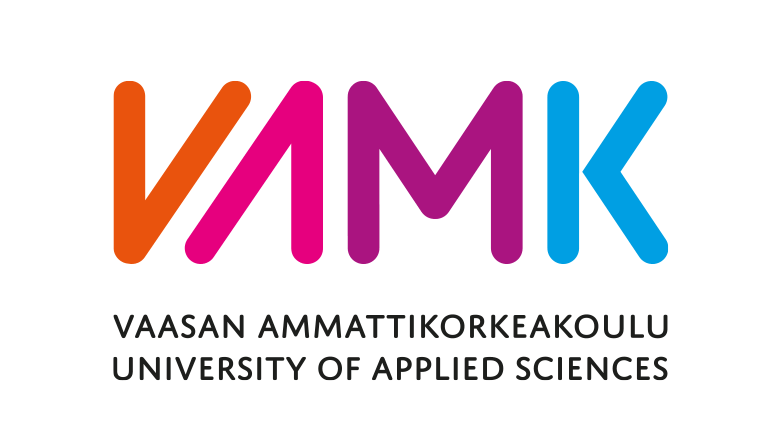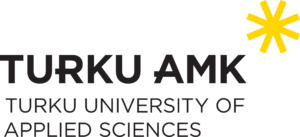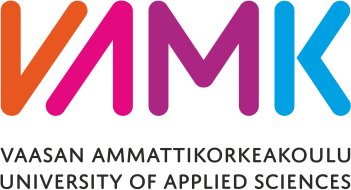
Project information:
Official name of the project: PK-yritysten TKI-polku
Duration of the project: 1.1.2024 - 31.12.2025
Project coordinator: VAMK
Project partners: Turku UAS, Centria UAS
Funding: ELY
Budget: 278 134 €
RDI Platform: Smart Well-Being, Smart Business, Smart City, Smart Industry
Language: Finnish
Project description
The aim of the SME RDI Path project is to help SMEs in the West Coast region to increase their RDI activities and cooperation with different RDI actors in the region.The project contributes to the government’s goal of increasing R&D expenditure by 4%/GGE by 2030. The objective will be achieved by developing an RDI pathway operating model that will enable the UAS, together with other actors in the region, to support the growth of RDI activities in enterprises. The RDI pathway will promote growth and value networks across sectoral and regional boundaries. It includes financial expertise, development work and networking. The pathway will be documented and shared electronically for open access. The project is implemented in cooperation between Vaasa University of Applied Sciences, Centria University of Applied Sciences and Turku University of Applied Sciences.
Goals
The main objectives of the project between the three partners are to help and support SMEs to increase their RDI activities and to increase cooperation between enterprises, universities of applied sciences and other RDI actors. This main objective will be achieved through a diversified RDI pathway, including ideation and thematic components, service and product development, experimentation, expert support and networking.
Project sub-objectives:
- To increase the knowledge of enterprises on how to apply for RDI funding and on RDI work in enterprises in general.
- To update the participants’ know-how on internationalisation, digitalisation and the green transition by providing a wide range of topical expert presentations and thematic workshops. Through the project, as RDI activities grow and develop, companies can also seek growth in international markets for their business activities.
- Participants will be supported to develop new/improved sustainable services and/or products and test them in practice to improve the productivity and performance of their business.
- Encourage cooperation between businesses and the building of value networks across sectoral and regional borders.
- To create lasting RDI cooperation between businesses and universities and to strengthen cooperation with other regional development actors.
Results
In the short term:
- Ideas for enterprises on how to renew their activities and feasible ideas for their own RDI projects. Encounters with other companies and development actors across regional borders and even internationally, using the networks of universities of applied sciences to find project partners.
- Increased business know-how on RDI, internationalisation, digitalisation and green transition.
- The ability of companies to use innovation methods to support their development work will develop.
Companies would become more active in starting or continuing RDI activities and applying for RDI funding. - Participating companies will increase their understanding of internationalisation, digitalisation and the green transition.
- Concrete new/improved services and/or products that can be tested at the prototype stage.
- RDI skills and service production of enterprises are developed and increased.
- Networking with other companies in different sectors (across provinces, across Finland and internationally) and with experts in the field, possibly creating new business.
- An RDI pathway will be made available to companies, which will also guide companies outside the project in becoming involved in RDI activities.
- Increased cooperation between companies, universities of applied sciences and other RDI actors (regional development actors).
In the long term, the project will result in:
- Companies will develop new ideas, services and products using the innovation methods they have learned, even after the RDI pathway coaching.
- The skills of entrepreneurs in the region will be developed and this will strengthen the regional economy. The RDI model for enterprises created through the project can be partly or fully exploited more widely in Finland.
- RDI cooperation with businesses, universities of applied sciences and other regional development actors will be increased and strengthened.
- The pathway for commercialisation of VAMK project results to companies will become clearer.




